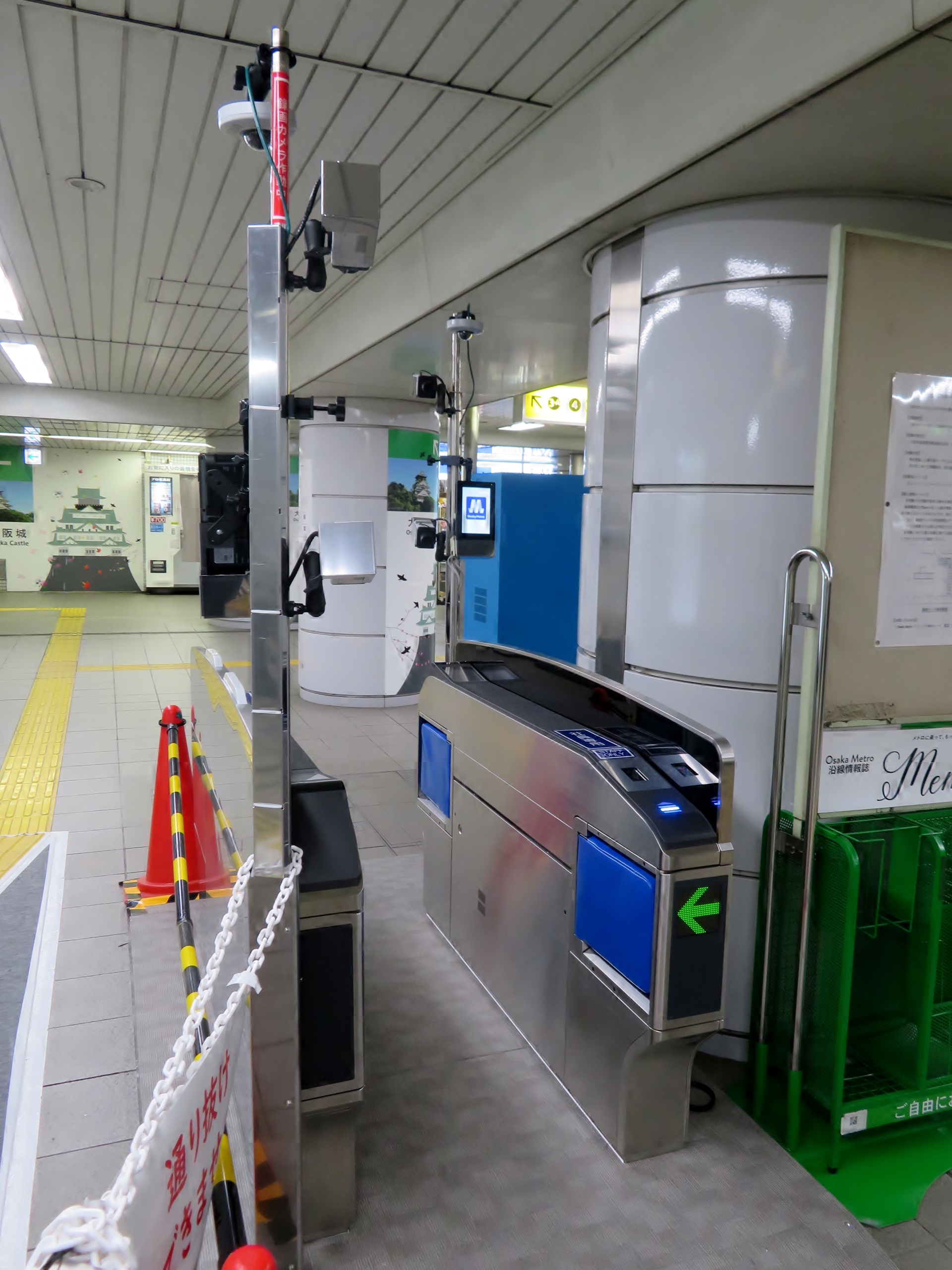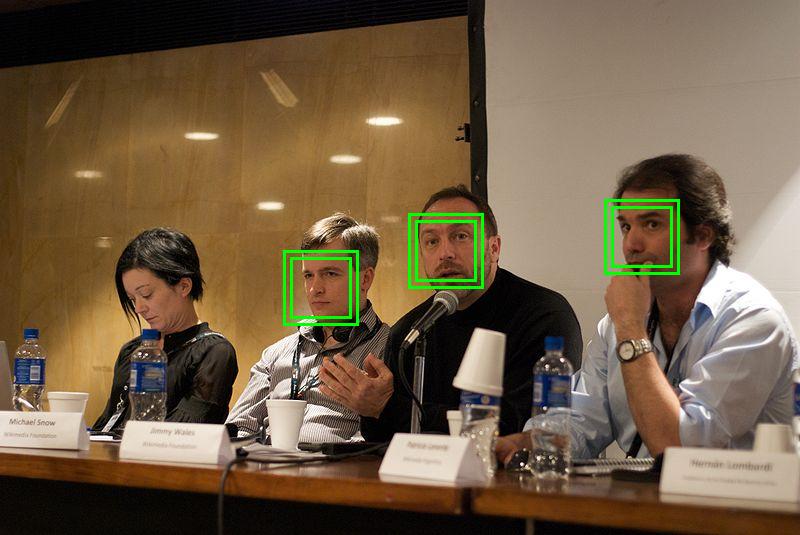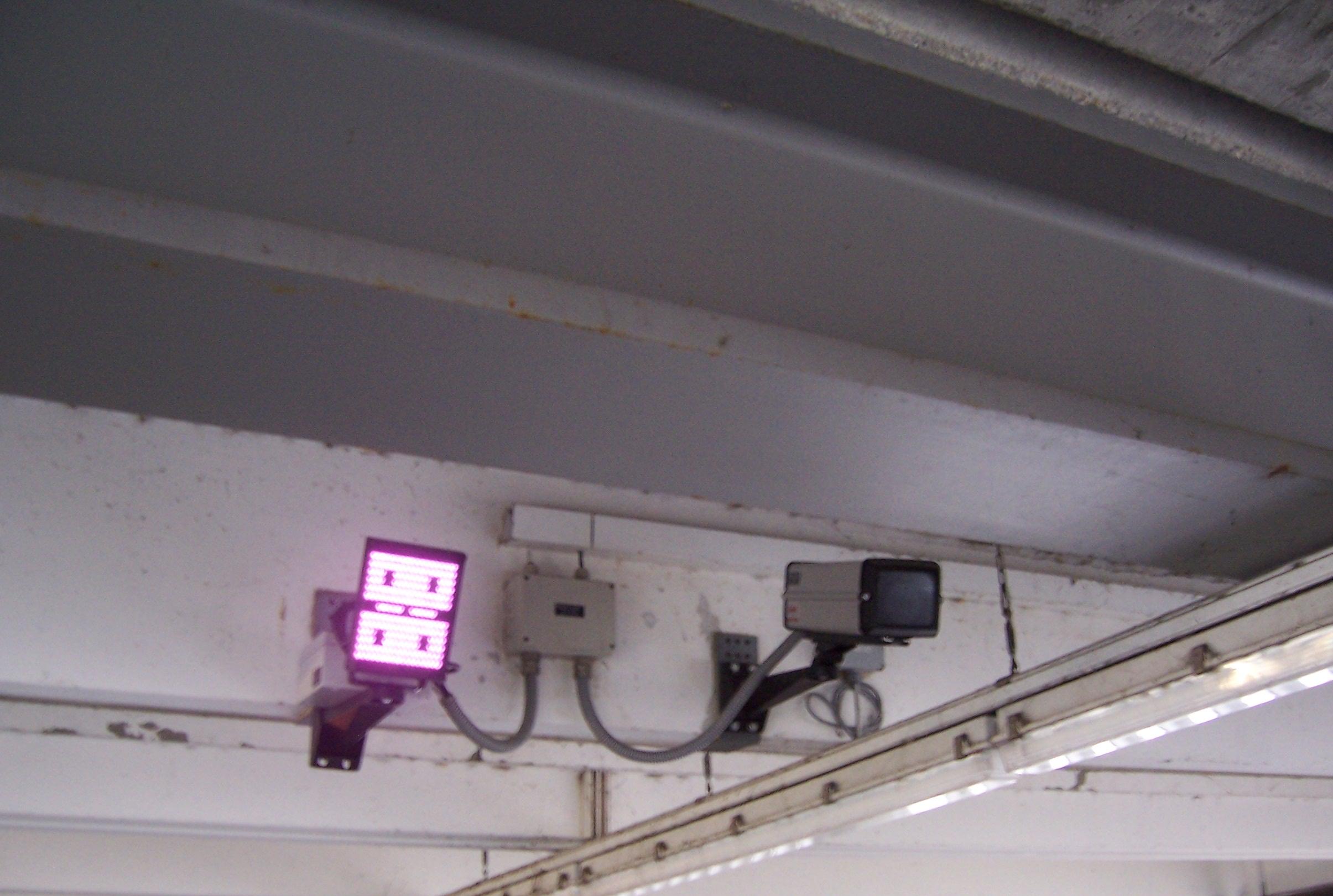Human face recognition (Computer science)
Enlarge text Shrink text- Work cat.: 97-20856: Uwechue, O.A. and Pandya, A.S. Human face recognition using third-order synthetic neural networks, c1997(Facial pattern recognition)
- ASTI 1994:v. A-L, pg.1096, under heading Facial image analysis (several articles including "Human face recognition ...")
- Engineering index, 1992:v. 91, Pt. 8, pg. 4197 (Headings: Facial varification systems, Face recognition, Face recognition systems)
- Engineering index, 1992:v. 91, Pt. 9, pg. 5165, under heading Human face recognition (several articles)
A facial recognition system is a technology potentially capable of matching a human face from a digital image or a video frame against a database of faces. Such a system is typically employed to authenticate users through ID verification services, and works by pinpointing and measuring facial features from a given image. Development began on similar systems in the 1960s, beginning as a form of computer application. Since their inception, facial recognition systems have seen wider uses in recent times on smartphones and in other forms of technology, such as robotics. Because computerized facial recognition involves the measurement of a human's physiological characteristics, facial recognition systems are categorized as biometrics. Although the accuracy of facial recognition systems as a biometric technology is lower than iris recognition, fingerprint image acquisition, palm recognition or voice recognition, it is widely adopted due to its contactless process. Facial recognition systems have been deployed in advanced human–computer interaction, video surveillance, law enforcement, passenger screening, decisions on employment and housing and automatic indexing of images. Facial recognition systems are employed throughout the world today by governments and private companies. Their effectiveness varies, and some systems have previously been scrapped because of their ineffectiveness. The use of facial recognition systems has also raised controversy, with claims that the systems violate citizens' privacy, commonly make incorrect identifications, encourage gender norms and racial profiling, and do not protect important biometric data. The appearance of synthetic media such as deepfakes has also raised concerns about its security. These claims have led to the ban of facial recognition systems in several cities in the United States. Growing societal concerns led social networking company Meta Platforms to shut down its Facebook facial recognition system in 2021, deleting the face scan data of more than one billion users. The change represented one of the largest shifts in facial recognition usage in the technology's history. IBM also stopped offering facial recognition technology due to similar concerns.
Read more on Wikipedia >
 Topic
Topic









